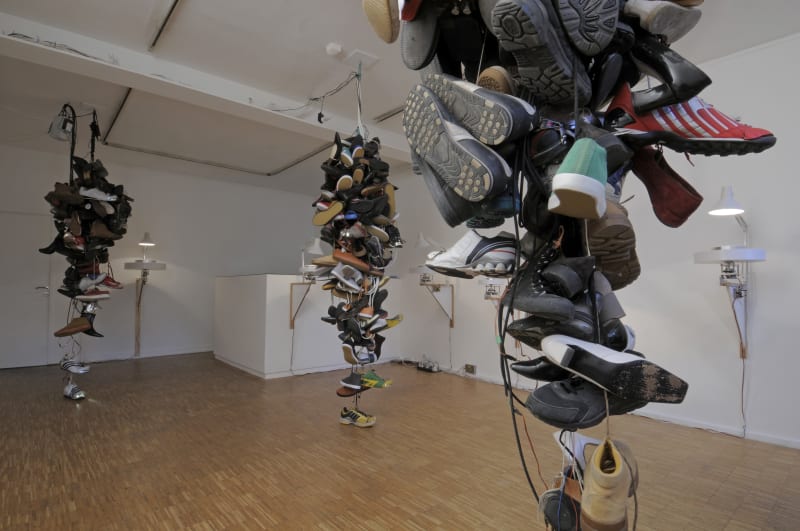Strange Fruit is a song. Afro-American singer Billie Holiday sang it for the first time in 1939 at Café Society in New York. This poem written in 1937 by Abel Meeropol is one of the artistic indictments against the lynching commonly practiced in the south of the United States and is also considered as one of the first manifestations of the movement for civil rights in this country. The term "Strange Fruit" has also become synonymous with lynching.
The "Strange Fruit" mentioned in the song is the body of a black hanging from a tree. It says in the second stanza: "Pastoral scene of the gallant south, The bulging eyes and twisted mouth, Scent of magnolia sweet and fresh, Then the sudden smell of burning flesh."
Southern trees bear a strange fruit
Blood on the leaves and blood at the root Black body swinging in the Southern breeze Strange fruit hanging from the poplar trees
Pastoral scene of the gallant South,
The bulging eyes and the twisted mouth, Scent of magnolia sweet and fresh, Then the sudden smell of burning flesh!
Here is fruit for the crows to pluck,
For the rain to gather, for the wind to suck, For the sun to rot, for the trees to drop, Here is a strange and bitter crop.
To the picture of a contemporary tale, the "Strange Fruits" of Malachi Farrell tell us about social, political, identical and territorial issues. Taken from a protest poem by Abel Meeropol (Bronx) in the 1930s, Malachi appropriates the collective memory. The worlds overlap. The world of love with the song "She Loves You" by the Beatles, diverted and dramatized by Peters Seler is connected to a violent society that hangs men, a "strange fruit", heap of used sneakers, clusters, sculpture... These old chandeliers composed of shoes are the representation of a current identity confusion where we are all lumped together and individual at the same time. Malachi Farrell has no lack of Spirits. With irony and humor, machines and sounds, tinkering and high technologies, he carries us from one world to another.

